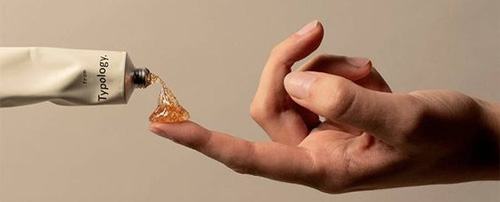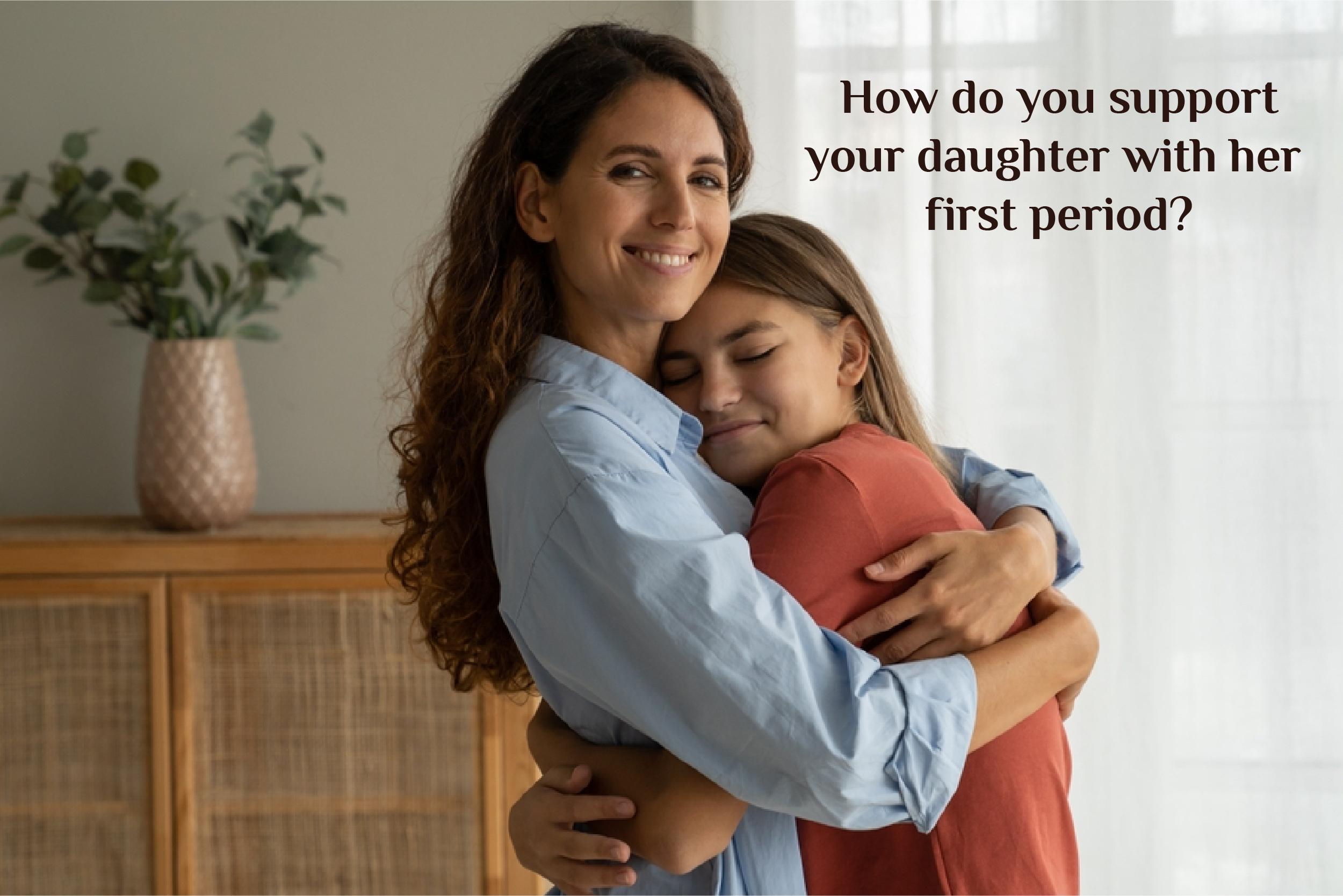Experiencing menstruation for the first time can be overwhelming and bewildering. However, it can be particularly distressing for girls if it happens unexpectedly or if there is secrecy and shame surrounding the topic. An unpleasant first experience with menstruation can significantly influence a girl’s perception of her body for an extended period. It may cause her to feel isolated, reluctant to seek assistance, and unsure about how to maintain best menstrual hygiene properly. This could potentially result in infections, anxiety, and emotional distress.
Having Conversations:
Pick a good time and place
We understand it can be an awkward or difficult topic to raise. So, it’s important to choose when you and your daughter are relaxed and have time to talk, without stress or distraction. Try and find a comfortable spot, where you won’t be disturbed. Be open, relaxed, and reassuring to help your daughter feel comfortable. If you are feeling nervous, awkward, or behaving evasively she will notice, and it will make her feel uncomfortable about the subject too. Channel your inner calm, remain positive, and take your time. You can even practice what you’re going to say beforehand. If you don’t feel prepared, but think there might be an aunt, cousin, or other adult female confidant who is, ask for support.
Explain in a way that is suitable for her age
Make sure you’re using clear and age-appropriate language. You can use books, diagrams, videos, and apps to help explain. Be honest and avoid using slang phrases or labeling periods as something dirty or impure. Instead, use scientific words like ‘vagina’ and ‘blood’. But it’s best to keep explanations simple, so you don’t overwhelm your daughter with too much information at once. Be patient. Let her process the information at her own pace. If you can see that she feels uncomfortable, tell her that nerves are normal and there’s nothing to worry about.
Ask questions — and listen to her answers
Ask her what she’s already heard about what happens to girls’ bodies as they grow up and about periods. Let her respond without interrupting. And listen to what she is saying to show you care about what she has to say. She might have heard rumors about periods before, or she might know nothing about them. Be prepared for both situations. Think about how you will handle them in advance. Remember there is no right way for her to feel. Don’t criticize or judge what she says. Empathize with her and try to understand how she’s feeling. If she tells you incorrect information, make sure you correct it in a kind and gentle way.
Taking about period pain and stains
It’s important to let her know what happens during periods and what to expect. But be careful not to focus too much on the challenges or scare her. Instead, focus on how the challenges can be managed.
Period pain
Sometimes periods can be painful! She could experience cramps, mood changes, headaches, or back pain in the days leading up to and during her period.
Most pain can be eased by going on a short walk, having a nap, using a hot water bottle, drinking lots of water, and some gentle pain medicine.
Period stains
Her period may arrive unexpectedly, especially in the first few years. This can cause stains on clothes or bedding, which may be distressing for her. Reassure her that accidental stains are nothing to be ashamed of and something every woman is likely to have experienced.
Tell her that if her period starts when she’s away from home, she can cover stains by tying a jumper around her waist. If she doesn’t have one, she can ask a trusted adult woman or older girl for help.
Supporting her with sanitary products and hygiene
There are several products out there that can be used to catch blood during periods, including menstrual cups, tampons, cloths, and disposable pads. It’s important to work with your daughter to find out what works best for her. Sanitary pads and period panties are often the simplest solutions to start with. In South Asia, girls use both disposable pads and reusable cloth. Disposable pads can be expensive and are worse for the environment, so many girls use reusable cloth. Whatever pads she’s using, make sure she knows how to use them and isn’t ashamed to ask.
Best Menstrual hygiene
Poor hygiene during periods can cause infections, so it’s important to talk to your daughter about hygiene during periods and make sure she understands how to best clean and look after herself.
Here are some tips:
- Keep up your normal personal hygiene. (There is no reason not to shower or bathe during your period. Showers and baths help you stay clean and hygienic and can relieve period pain.)
- Wash your hands with soap before and after going to the toilet, touching your vagina, or changing your pad/cloth.
- Wash your genital area at least once a day.
- If you do not have access to a shower or bath, use a small amount of plain water, soap, and a soft cloth.
- Wash from the front of the vagina to the back.
- Don’t use soap or wash inside the vagina.
- Wear clean underwear (change it every day).


